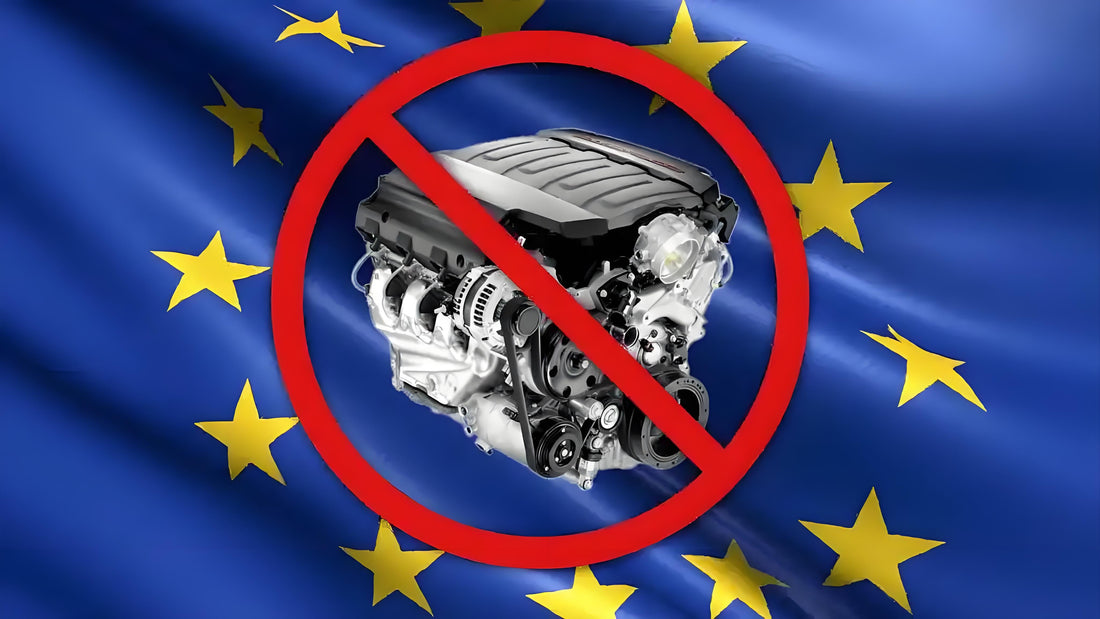
EU 2035 fuel vehicle ban: latest developments and controversies
Share
As of March 2025, the EU remains firm on the 2035 fuel vehicle ban.
Despite continued pressure from the automotive industry, the EU has made it clear that it "cannot and should not withdraw" the plan.
According to the regulations passed in 2023, the sale of new traditional fuel vehicles will be banned in the EU market from 2035, and only vehicles using carbon-neutral fuels (such as synthetic fuels) will be allowed to continue to be sold.

This adjustment stems from Germany's strong request to balance environmental protection goals with the feasibility of industrial transformation.
Recent disputes have mainly revolved around policy flexibility and implementation details. Although some member states and companies have called for a postponement or relaxation of restrictions, the EU Climate Affairs Department has repeatedly emphasized that the zero-emission goal will not be shaken.
At present, automakers are accelerating their transition to electrification, and the commercialization progress of carbon-neutral fuel technology remains a key variable.

Overall, there has been no substantial postponement of the EU 2035 ban, but there is still a technical buffer space within the policy framework. In the future, the completeness of charging facilities, the cost of alternative fuels and the speed of industrial chain adjustment will become core factors affecting the implementation of policies.
